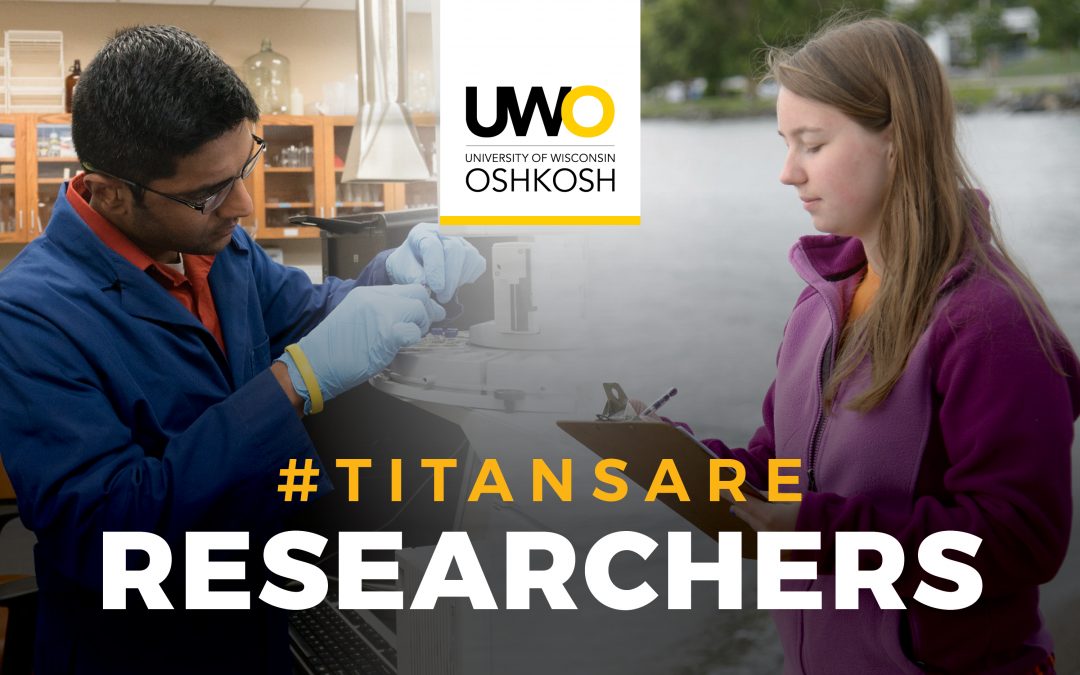By working together instead of in parallel, a University of Wisconsin Oshkosh marketing professor says researchers and social organizations like hunger networks and emergency shelters can have a broader impact on the well-being of individuals and their communities.
Melissa Bublitz with UW Oshkosh’s College of Business led a team of researchers that developed a framework for working together to create solutions to societal problems. The results of that effort were recently published in the Journal of Consumer Affairs article Stronger together: Developing research partnerships with social impact organizations.

Melissa Bublitz
“A growing number of researchers and social impact organizations (SIOs), such as local nonprofits, policymakers and advocacy groups, are trying to collaborate but they can have different goals and different work styles that stifle their progress to impact organizations,” Bublitz said. “Our goal is to offer a framework that encourages fruitful collaborations between researchers and SIOs. We are stronger when we work together to create positive social impact.”
The research team gathered data from SIOs and academic researchers who have conducted collaborative research to develop their framework, which consists of an adaptable, three-step process:
- Select partners with purpose
- Build mutually beneficial relationships
- Generate impact via knowledge creation and dissemination
“At the start of your research relationship, your team should set goals that provide mutual benefit to each partner and commit to co-creating the research, this is not a ‘service for hire’ relationship, it is a partnership,” Bublitz explained. “Listening deeply, identifying resources to help you succeed and agreeing upon the scope of work and roles of each partner are critical to the team’s success.”
As a project progresses and challenges arise, Bublitz said the framework offers way for the partners to pivot toward greater success.
In addition to Bublitz, the research and publication team included Laura Peracchio, UW-Milwaukee; Brennan Davis, California Polytechnic State University; Jennifer Edson Escalas, Vanderbilt University; Jonathan Hansen, Milwaukee Hunger Task Force; Elizabeth Miller, University of Massachusetts Amherst; Beth Vallen, Villanova University; and Tiffany White, University of Illinois Urbana-Champaign.
In her own work, Bublitz has followed the steps in the framework to develop a strong relationship with Milwaukee’s Hunger Task Force.
“Together, our collaborative research on food access programs has generated multiple academic publications and provided support to help the task force earn four-year grant from the USDA to increase fruit and vegetable access in urban food deserts through mobile retail markets,” she explained.
“Currently, as part of my sabbatical, we are working collaboratively to measure outcomes from this grant project so we can share what is learned about increasing fruit and vegetable consumption using food subsidies and mobile access programs.”
The partners also are working to assess new delivery methods to help seniors overcome transportation barriers to gain access to food and to understand the lessons learned from increased funding and flexibility in federal nutrition programs like SNAP during the pandemic.
In addition, Bublitz is collaborating with an interdisciplinary group of UWO faculty and staff to apply for a grant to study food access programs and use of Winnebago County’s emergency food network.
The UWO collaborators include Jennifer Considine, professor and department chair, communication studies; Mike Lueder, interim director, Center for Civic and Community Engagement; and Andrew Smock, associate professor and department chair, radio TV film.
“We hope to bring this same style of collaborative research home to Oshkosh in ways that will generate both academic and community impact,” she said.
Learn more:

